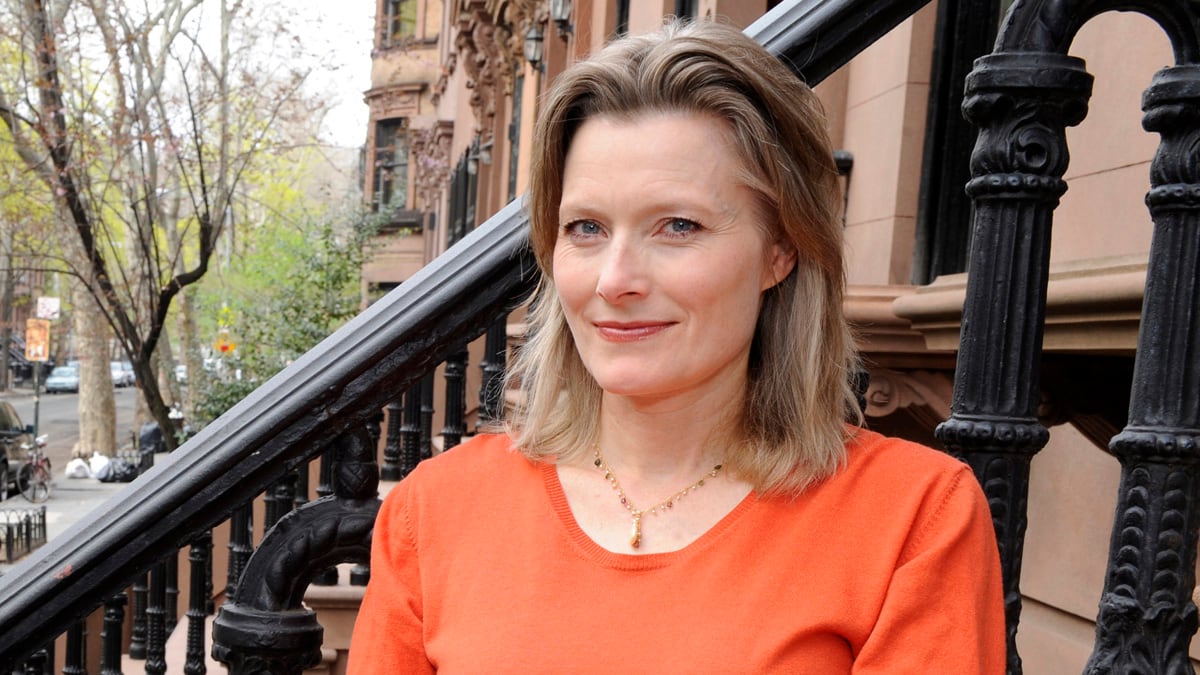Wake-up call, continental breakfast, the day’s newspaper ... and books to make the morning complete! It’s time again for the PEN World Voices Festival of International Literature, when writers like Herta Müller, Paul Auster, Michael Cunningham, Etgar Keret, Margaret Atwood, and Tony Kushner descend on New York City. Last year, festival director Laszlo Jakab Orsos had the idea of asking a special writer to curate a book bag. In 2011 that task fell to Salman Rushdie. This year, it’s still-reigning Pulitzer fiction winner Jennifer Egan. The dozen books will be waiting for guests at both the Standard, East Village, and the Standard, New York, during the weeklong festival from April 30 to May 6. Egan explains her picks.
Emma by Jane AustenPolitics masquerading as matrimony. Austen was a mathematician of social interaction, and her novels are impossibly, preposterously good. Emma happens to be my favorite.
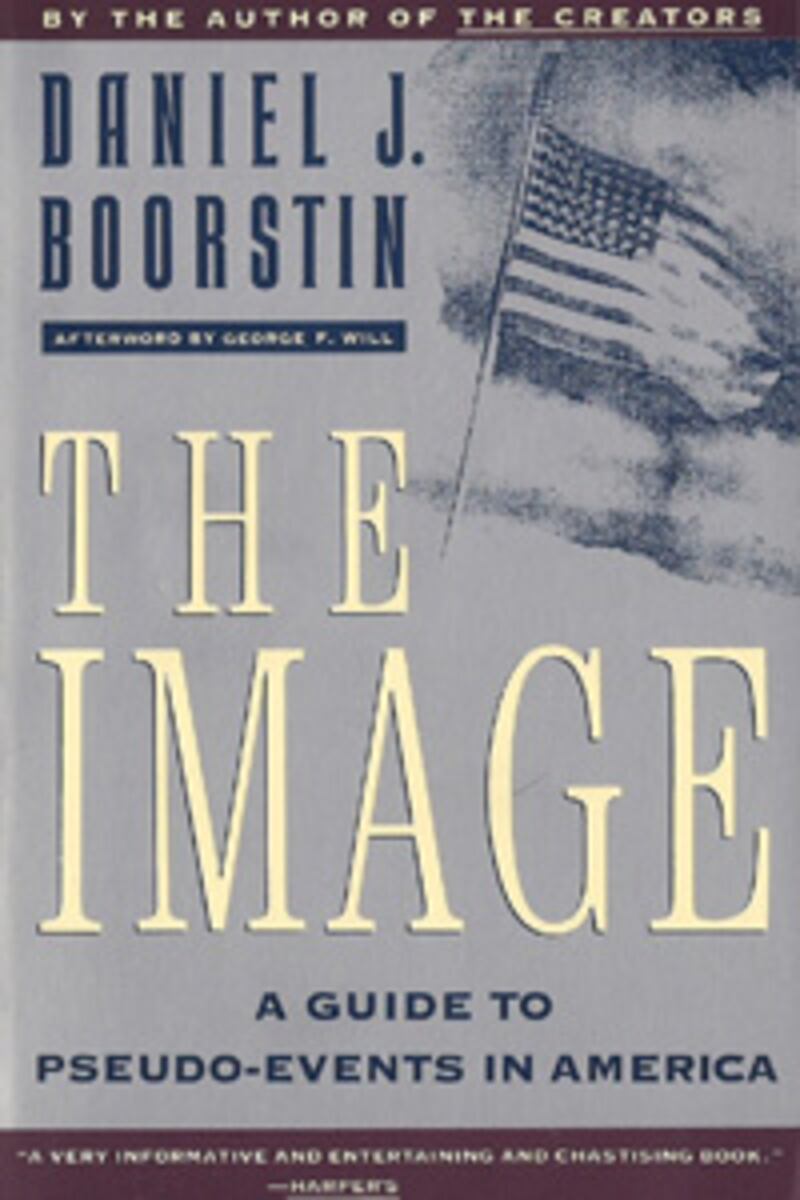
The Image by Daniel J. BoorstinIn 1961, before the Vietnam War was close to being televised, Boorstin identified the basic laws and contours of image culture—among them, a longing for authenticity that naturally results from increased mediation of human experience. His observations hold eerily true even in the era of Facebook and YouTube.
Don Juan by Lord Byron Who can resist an epic poem in which the protagonist gets shipwrecked, hides in a harem (and then is chosen by the sultan for an evening of pleasure), has a fling with Catherine the Great, and endless other romps—all narrated in Byron's slouchy, sinuous poetry?
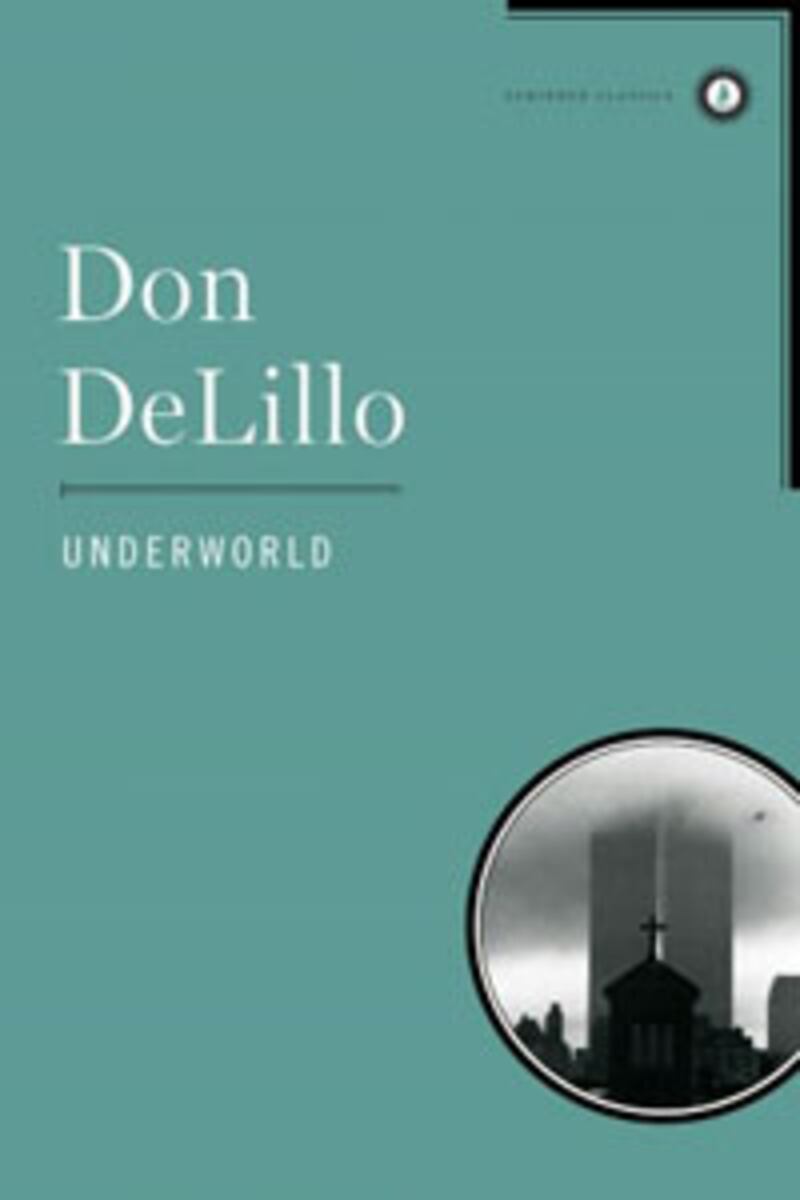
Underworld by Don DeLilloMy favorite American novel of the past 25 years. A gigantic vision of the Cold War and its aftermath, in which DeLillo manages to be sweeping, intimate, political, hilarious, and sad.
Middlemarch by George ElliotA quintessentially swaggering 19th-century English novel, thrillingly attentive to a sweep of diverse characters, and impossible to put down.
Invisible Man by Ralph EllisonA surreal tale that exposes the ravages of racial persecution, yet ultimately subsumes them in a meditation on identity and transformation, whose proportions are nothing short of mythic.
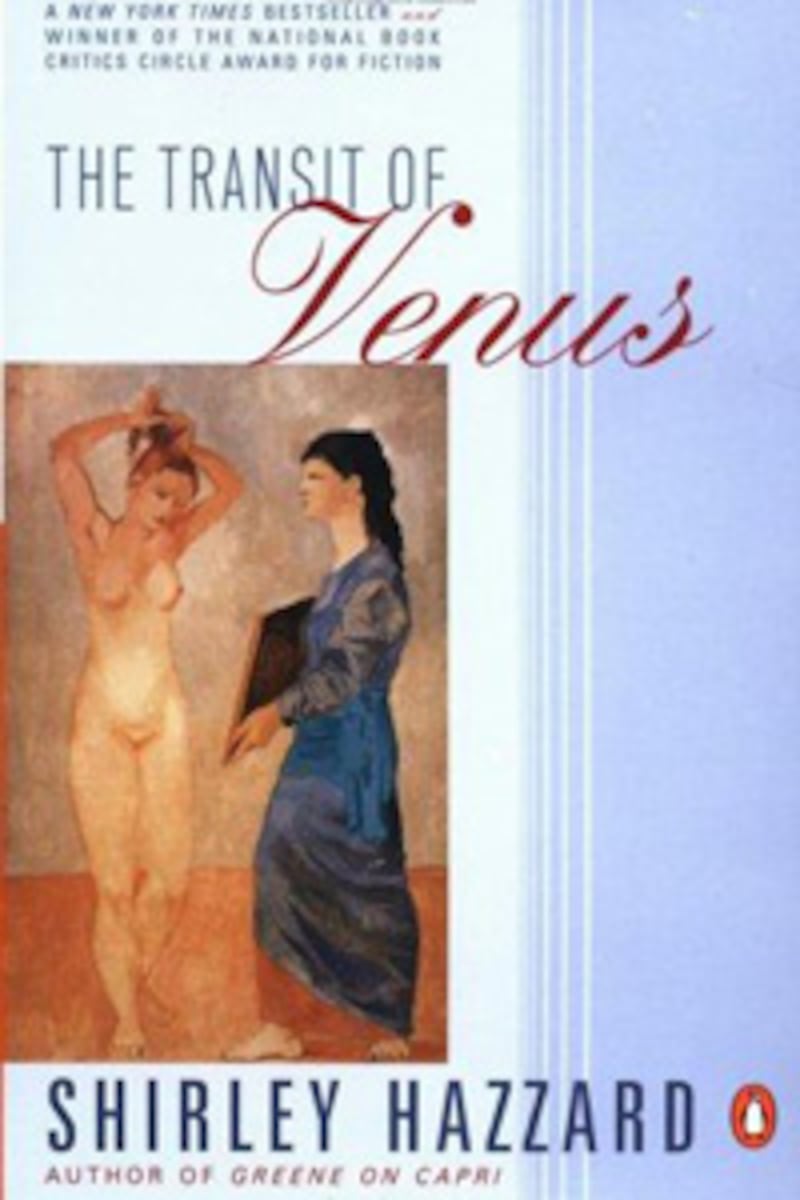
The Transit of Venus by Shirley HazzardUtterly unique; a flexible, sharply written, wide-ranging story that encompasses the life of a young Australian woman who comes to England.
The Golden Notebook by Doris LessingAn epic, experimental yet utterly human work that manages to fuse a political vision (disillusionment with communism) with a social one (women, men, and the collisions between them).
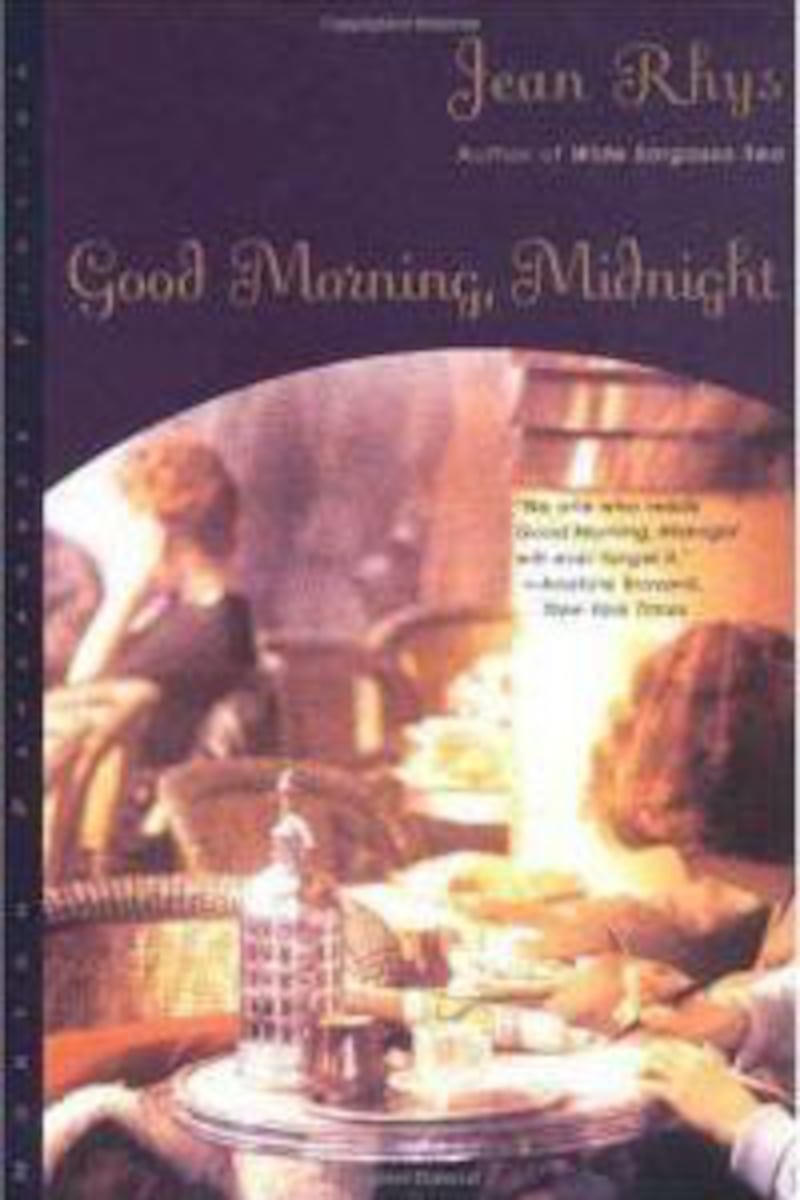
Good Morning, Midnight by Jean RhysTough, bleak, and deeply atmospheric; Rhys wrests a gripping—even phantasmagoric—narrative from the solitary perambulations of an alcoholic woman in Paris.

Tristram Shandy by Laurence SterneOne of the first novels in English ... and a buoyant, postmodern romp. A hearty reminder of the power, malleability, and deep playfulness of the novel form.
The House of Mirth by Edith WhartonTragic in the classical sense, yet also hilarious, nuanced, and socially astute; the novel's cool assessment of the calculus of beauty and wealth rings true even in our radically different era.
Germinal by Émile ZolaMy favorite reportorial 19th-century novel. A vivid story full of spectacular set pieces—like a horse being lowered into a coal mine—and also a brutal indictment of the mining industry’s exploitation of its workers.

